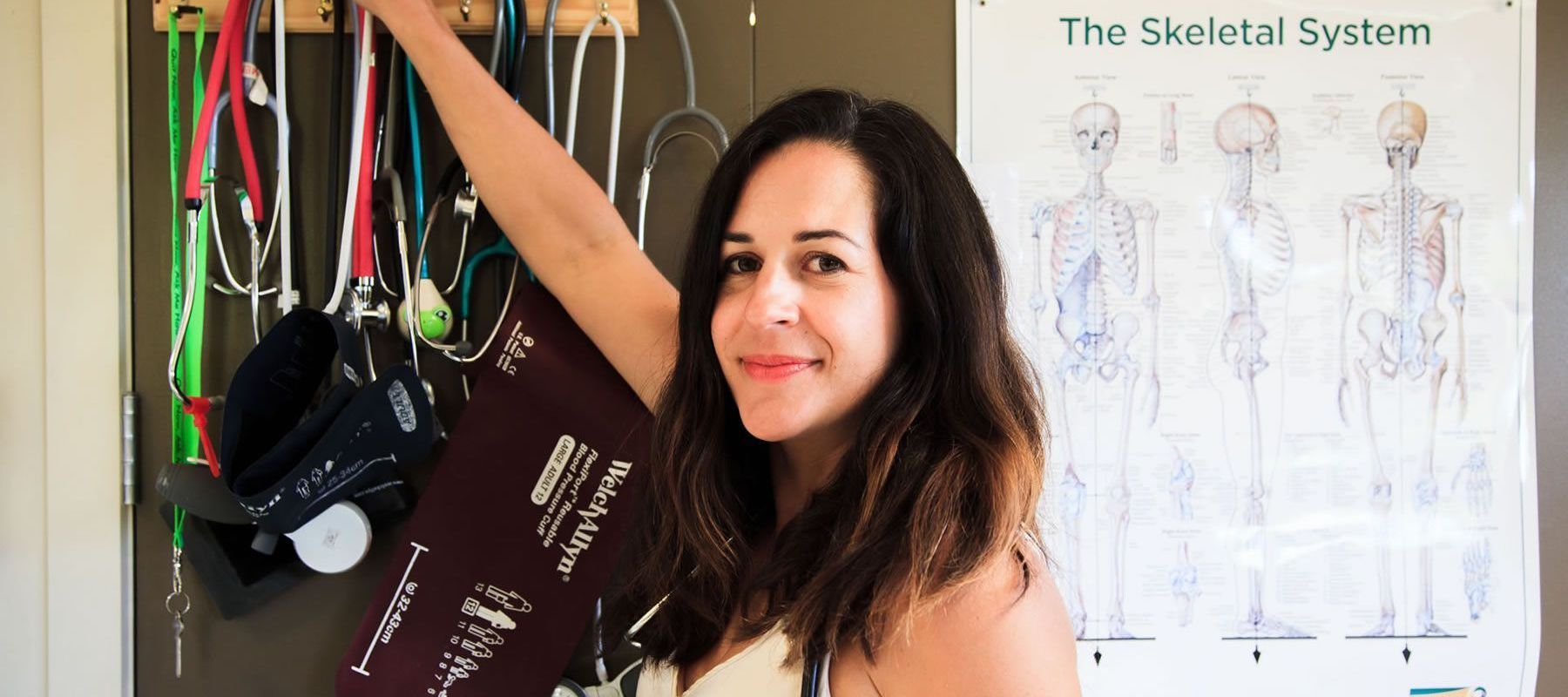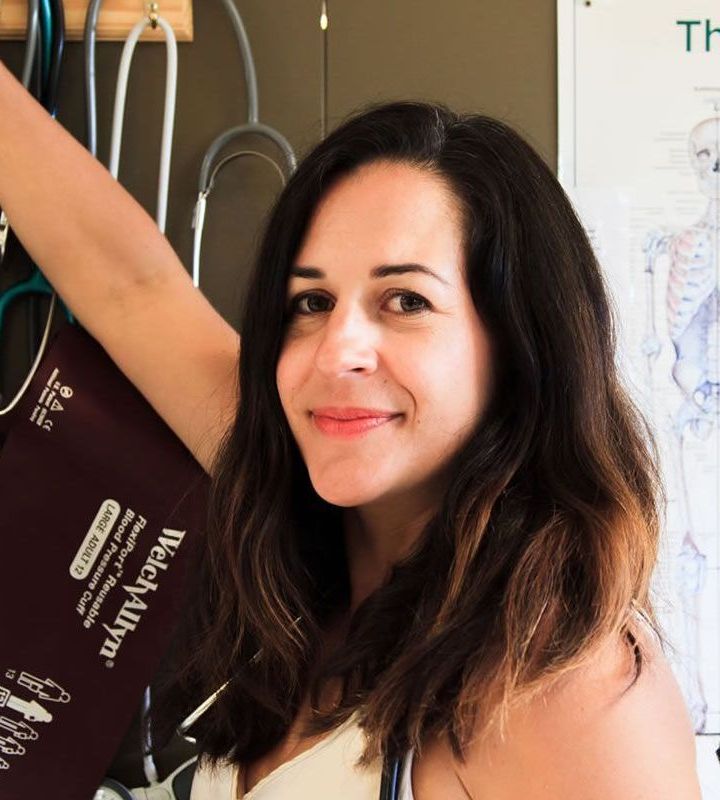HPV
HPV immunisation
From 1 January 2017, HPV immunisation is funded for everyone aged 9–26 (inclusive) including boys and young men.
Between 2008 and 2016, HPV immunisation was free for girls and young women up to their 20th birthday, including non-residents under the age of 16 and living in New Zealand for eight months or more.
From 1 January 2017, HPV immunisation is free for everyone, male and female, aged 9 to 26, including non-residents under the age of 18.
HPV immunisation is available through participating schools or from family doctors, local health centres and some Family Planning clinics.
Children who are in year 8 at school are offered the vaccine either through a school-based immunisation programme or through their family doctor if a school programme is not available.
esidents under the age of 18.
What is in the vaccine?
The HPV vaccine used in the New Zealand Immunisation Programme from 2017 is Gardasil® 9. The vaccine contains HPV virus-like particles (VLPs) of HPV types 6, 11, 16, 18, 31, 33, 45, 52 and 58. These particles are proteins from the outer shell of the virus. They contain no viral DNA, are not live and cannot cause infection. The particles mimic the HPV virus so that the immune system makes antibodies against it. These recombinant types of vaccine have been used around the world for over 20 years.
Each 0.5ml dose of the vaccine also contains a small amount of aluminium, which stimulates the immune response. Aluminium has been safely and effectively used in vaccines for more than 70 years. The vaccine also contains tiny amounts of sodium chloride (salt), L-histidine (an amino acid), Polysorbate 80, sodium borate and sterile water.
The vaccine does not contain preservatives, antibiotics or any human or animal materials.
Safety of the vaccine
Gardasil 9 was shown to have a good safety profile during large clinical trials in which more than 15,000 people took part. HPV vaccines are licensed for use in more than 125 countries, including New Zealand, Australia, the United Kingdom, the United States, Canada and the European Union.
In New Zealand, as in other countries, there is ongoing monitoring of vaccine safety.
All applications for consent to distribute a medicine in New Zealand are evaluated by Medsafe. This evaluation is performed to internationally defined standards and requirements. Gardasil 9 was evaluated by Medsafe and formal approval of the vaccine was notified in the New Zealand Gazette on 11 February 2016.
Effectiveness of the vaccine
Gardasil 9 vaccine targets the types of HPV responsible for around 90 percent of cervical and other HPV-related cancers, and 90 percent genital warts. Clinical trials show it is highly effective in preventing these types of HPV in young people who have not previously been exposed to them.
So far, ongoing studies suggest protection will be long lasting, as is the case with the Hepatitis B vaccine.
Cervical smears are still necessary
Women who have had the HPV immunisation still need to have regular cervical smears. The vaccine doesn’t protect against all the types of HPV that can cause cervical cancer or other sexually transmitted diseases.
Go to Cervical smears for more information on cervical screening. Together, HPV immunisation, cervical screening and practicing safe sex offer the most effective protection against cervical cancer.
About HPV
HPV stands for human papillomavirus. HPVs are very common viruses that infect the deeper layers of the skin and internal passages such as the vagina, the cervix (at the lowest part of the uterus and at the top of the vagina) and the mouth. HPV causes warts and other abnormalities.
Some high-risk types of HPV can lead to cancer. The types of HPV that can cause cervical cancer and genital warts are spread through sexual contact (not just intercourse).
Four out of five people become infected with HPV at some time in their lives. The peak incidence of HPV infection is between the ages of 16 and 20.
Most people with HPV infections have no symptoms, the infection clears without treatment and doesn’t develop into cervical cancer.
However, some HPV infections don’t clear and over time cause abnormal cells to grow on the cervix. If these cells go undetected (by cervical screening) and untreated, over time, usually many years, they can lead to vaginal or cervical cancer.
Genital warts are caused by low-risk types of HPV and are not associated with cervical cancer. Genital warts are the most commonly reported sexually transmitted viral infection in New Zealand. The age group most affected by genital warts is young men aged 15 to 24 and young women aged 15 to 19.
About the HPV vaccine
All girls in New Zealand can be immunised against HPV as part of their free childhood immunisations at 12 years old. You need 3 doses for complete protection.
The vaccine called Gardasil® is included in the New Zealand Immunisation Schedule.
The vaccine is given as 3 injections in the upper arm, normally over a 6-month period. Normally the second dose is given 2 months after the first dose, followed by a third dose 4 months after the second dose.
Girls and young women up to their 20th birthday are eligible to participate in New Zealand’s HPV immunisation programme for free.
Effectiveness
The vaccine has been shown to be 95–100% effective in preventing infection from the 4 types of HPV it targets.
Length of protection
Protection is expected to be long lasting.
As studies are ongoing, the exact period of protection is unknown. So far, they show that 8 years after immunisation, protection from HPV infection remains high with no sign of weakening. These studies show the vaccine is effective in preventing persistent infection with HPV in 96% of women.
Studies have also shown evidence of ‘immune memory’ which indicates protection may be life-long. Similar results were seen with studies of the hepatitis B vaccine, where long-term immunity is internationally accepted.
Safety
The vaccine’s safety profile is well documented.
The safety and effectiveness of the vaccine have been assessed against international guidelines and the requirements of the Medicines Act 1981.
The decision to approve the vaccine for use in New Zealand took into account evidence from clinical trials involving more than 20,000 people from 33 countries, including clinical trials in New Zealand. Ongoing monitoring of the vaccine’s safety and effectiveness continues to reinforce the results from the clinical trials.
The vaccine has been approved for use in more than 100 countries, including Australia, the USA, Canada and the European Union. More than 54 million doses of the vaccine have been distributed worldwide.
In June 2007 the World Health Organization’s Global Advisory Committee on Vaccine Safety concluded that both HPV vaccines (Gardasil® and Cervarix®) have good safety profiles. In December 2008 and June 2009, when they reviewed post-marketing surveillance data, WHO found no reports raised sufficient concern to change this conclusion.

